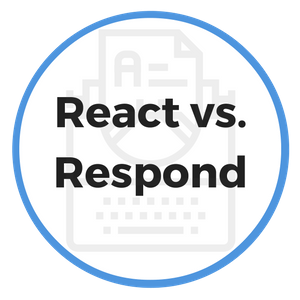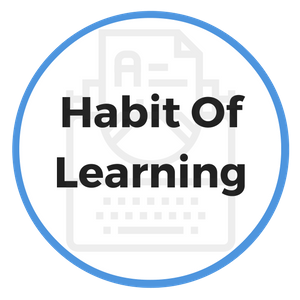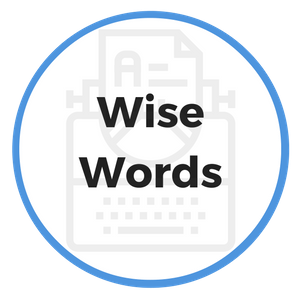- Home
- Leadership Development Articles
- Find Your Strengths
Find Your Strengths
Step 5
Understanding Human Behavior
(Yours and Others)
As a leader, you need to find your strengths and identify areas for improvement. There are several effective personality tests that will help you to learn a great deal about yourself. Each test is highly valuable, but depending on which test you choose the cost can vary significantly.
The DISC personality test is a tool that provides critical insight into your individual personality and behavioral tendencies. Many organizations utilize DISC to increase the self-awareness of their leaders.
DISC helps you to better understand why you do what we do, which provides insight for what you should do to improve your individual results and enhance your career and your life.
DISC, like most high quality personality tests, is used to improve work productivity; encourage teamwork; support leadership development; increase sales, and promote positive communication in the workplace.
Another popular test that helps you to find your strengths is the Myers-Briggs assessment. Myers-Briggs helps you to see how you instinctively view the world and how you tend to react in key situations. This test categorizes a person using a combination of 4 letters. Each letter represents a clearly defined and detailed description of their personality traits.
It's important to remember that neither DISC or Myers-Briggs is meant to measure intelligence, aptitude, mental health or values.
"Positive expectations are the mark of the superior personality."
- Brian Tracy
StrengthFinder is another high-quality test that we highly recommend due to it's low cost and simplicity. StrengthsFinder does just what the name suggests - it helps you find your strengths. This test can be taken by just one person or a large group of team members.
StrengthsFinder measures you for the presence of 34 general areas, which are referred to as talents. Each talent provides insights about how you naturally think, feel, and behave and provides a clear path for further developing your strengths.
Regardless of which personality test you choose to employ, we recommend to take your entire team through the discovery process together. Not only will you learn a great deal about your own behavior, team members will learn to appreciate the strengths and differences identified in each other and how the team is much stronger together than any one person is when standing alone.
"Two things define your personality, the way you manage things when you have nothing, and the way you behave when you have everything."
- Unknown
Recommended Personality Tests to Find Your Strengths
StrengthsFinder (Highly Recommended)
By focusing on and nurturing the natural talents of every team member, leaders can help team members to develop their talents into key areas of strength, which will make the entire team more effective.
The StrengthsFinder assessment is unique because the purpose of the questions asked helps you to identify the areas that you are most likely to enjoy; to discover the areas where your natural talents and special interests reside.
When you work in a role that you are naturally suited for, you are more likely to be fully engaged - thereby learning and growing and producing results at a much higher level.
Myers-Briggs
Myers-Briggs is based on 16 personality types. At the heart of this assessment are 4 personality preferences:
People and things (Extraversion or "E"), or ideas and information (Introversion or "I"). Facts and reality (Sensing or "S"), or possibilities and potential (Intuition or "N"). Logic and truth (Thinking or "T"), or values and relationships (Feeling or "F"). A lifestyle that is well-structured (Judgment or "J"), or one that goes with the flow (Perception or "P").
For each pair you prefer one style over the other. Once your four letters are determined, you receive an in-depth analysis and suggestions on how to grow and develop.
DISC
The DISC personality assessment is based on four primary emotions and associated behavioral responses:
Dominance: direct, strong-willed, and forceful (fast-paced and skeptical). Influence: sociable, talkative, and lively (fast-paced and accepting). Steadiness: gentle, accommodating, and soft-hearted (moderate-paced and accepting). Conscientiousness: private, analytical, and logical (moderate-paced and skeptical).
DISC recognizes that each person is unique. Personality, or temperament, varies from one individual to the next. The starting point of understanding why someone reacts or responds differently from what you expect is to realize one simple fact: Not everyone is like you, and that's a good thing.





